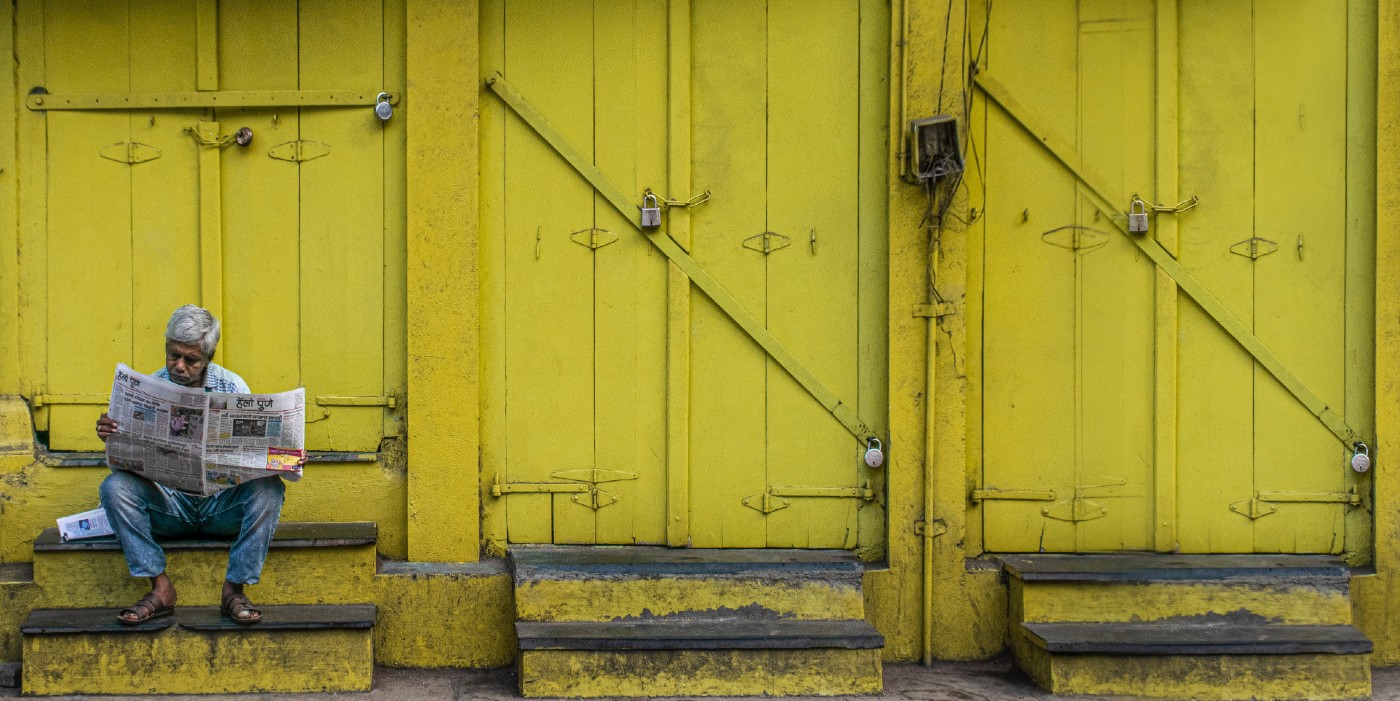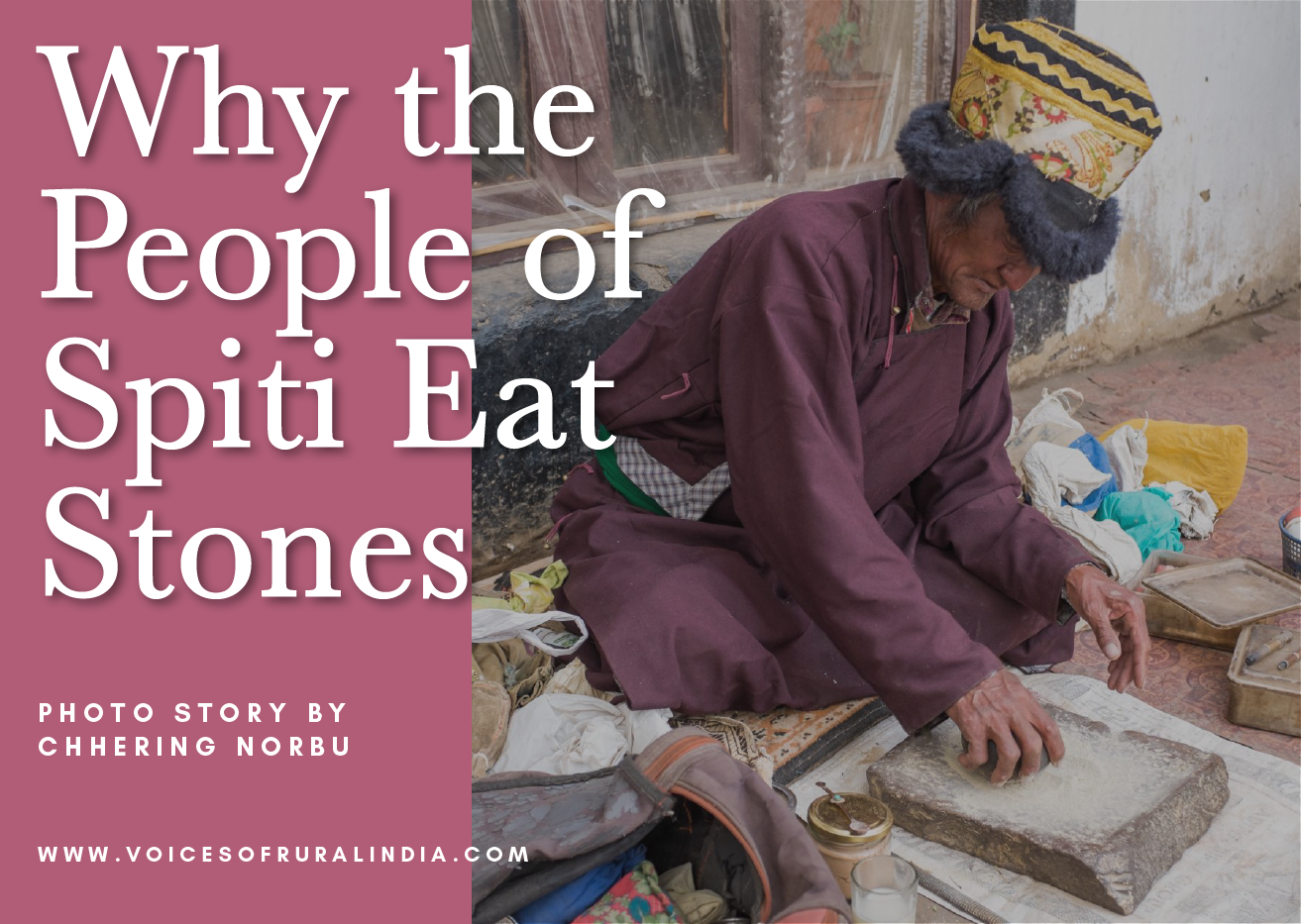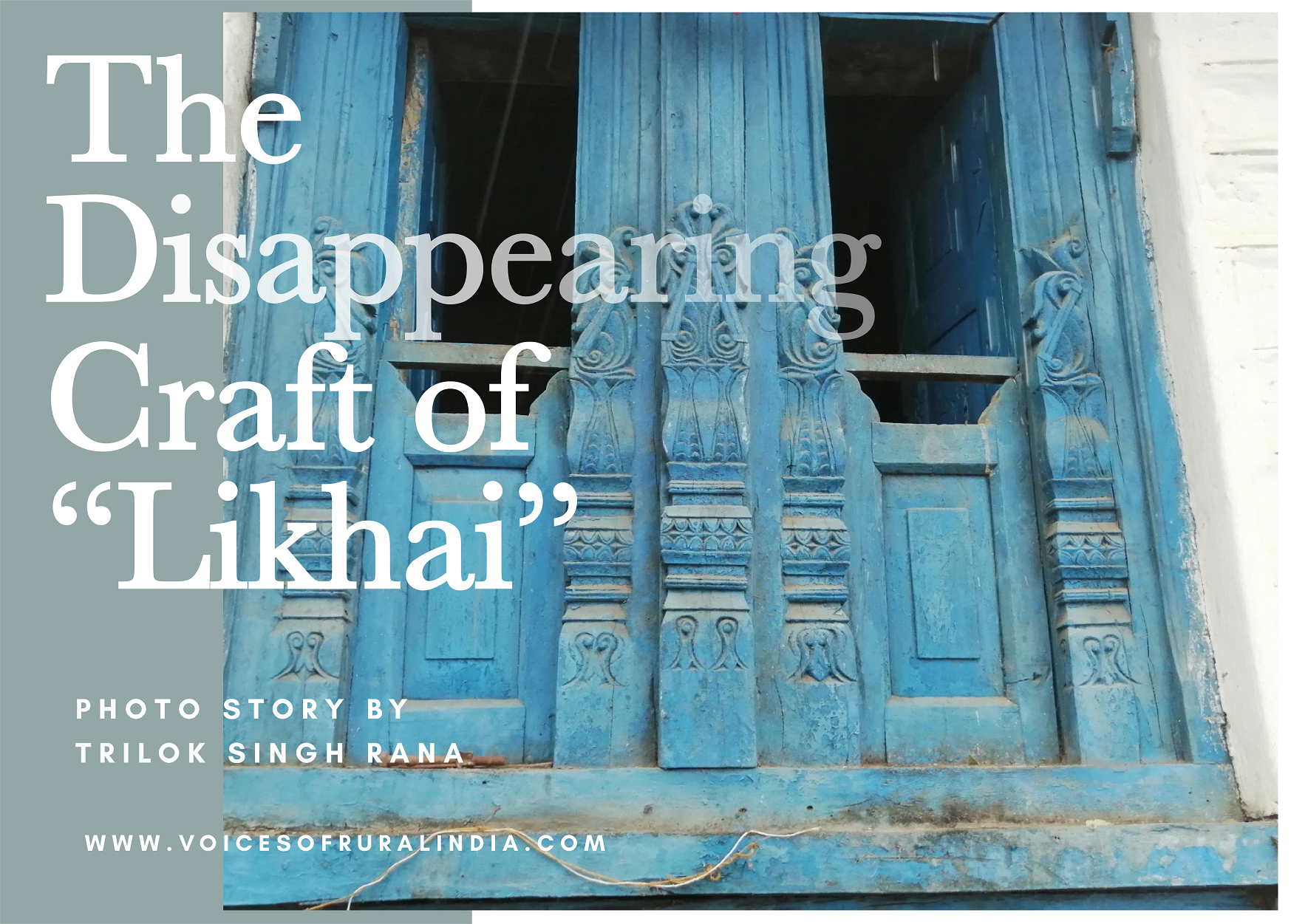
What’s next for the Responsible Tourism community?
March 21, 2020 “When that great day comes, when we will be able to travel through our beautiful world again, what will it feel like?” asked Skift’s CEO-Founder Rafat Ali in a tweet on March 20, 2020, as the travel industry began the process of digging in for an extended period of the Covid-19 crisis. But, it wasn’t so much a question, as a sanguine sigh — a longing to shrink the world again, and fix what is broken. Some told him it would feel strange, like it does on emerging from a long illness (touché). Others said we’d all be wiser, perhaps. Yet others hoped “the world will feel like we’ve gone through something together, and that feeling will create a desire for connectedness and shared experiences… [it] will start locally, but hopefully carry through at a global scale.” Amen.
My hope is that the world will feel like we’ve all gone through something together, and that feeling will create a desire for connectedness and shared experiences. Will start locally but hopefully carry through at a global scale.
— Jim McCaul (@Jim_McCaul) March 20, 2020
But while we ask ourselves ‘what’s next’ and rally together to share ideas and solutions, and wait for the fog to lift and the travellers to return (as they always do!), here are a few things to think about for the responsible tourism community:
1) Many companies across the world are requesting travellers to postpone holidays, instead of cancelling their trips entirely and asking for refunds. Individuals, from tour guides and wildlife guides to taxi drivers and homestay owners, are doing much the same. How can we do that without antagonising customers? How do we communicate better and keep the customers engaged and not lose their support?
2) How can we look after own— our colleagues, communities, partners? How can we ensure that they can work from home, until the risk of contracting Covid-19 is considerably lower? How can we avoid job cuts, pay cuts, furloughing or temporary unpaid leaves, hiring freezes and closures? How can we support the local communities we work with, so they are safe and are also not too badly impacted by lower levels of income?
3) Creating a well-oiled work-from-home structure can be a huge advantage for small travel businesses, especially when there’s no clarity on how long the crisis will last. But could it be a regular or even a permanent feature for the company in the long run? Can it help cut costs significantly? Will this help create an even more distributed workforce as companies realise location really doesn’t matter in many areas of work?
4) How can we protect rural communities, who are already vulnerable, with little or no access to medical facilities? How can we encourage and ensure a proper health screening for inbound and domestic travellers, who travel to these remote locations and may or may not be carriers of unknown viruses?
5) In geographies, where summer is the peak season for tourism, such as the Himalayan belt, how can we reduce the economic impact somewhat? Could collaborating with NGOs and CSR cells help in shoring up common resources, offering free or better facilities or alternative job opportunities?
6) How to make the most of the shoulder seasons this year?
7) Can we use technology and mobile phones better to create a digital cocoon of some sort for travellers, and yet, ensure there’s at least one human interface always available to them? How can we personalise their experience without compromising their privacy, without treating them as heads on beds to make up for losses?
8) In the first few months of recovery — with the aviation sector hit the hardest and with multiple travel advisories likely to be in place for weeks— even businesses that have relied almost entirely on inbound travellers so far will have to woo domestic travellers—travellers, who will possibly be much more conscious of hygiene standards and relatively more frugal on a holiday in the coming year.
9) Can we use this crisis to create digital destination experiences that can be monetised not just now but also in the long term, even in rural locations? Can they be in new formats that have rarely been used for travel? Think gaming apps, one-on-one web tours/walks, online craft or cookery classes or livestreaming local music or festivals through social media?
10) Digital communities, including travel communities,are likely to grow stronger and more powerful in this unusual era of social distancing. How can businesses — especially small businesses — tap into that?
11) With limited or no budget for marketing spends or additional initiatives, how can we still reach out to more likeminded travellers? Can apps like Telegram, Signal and WhatsApp for Business help? Can subscription-based or loyalty-based programmes be effective even for small businesses?
12) Even when the Covid-19 crisis is over, won’twe be smarting from its impact, at least for a while to come? Won’t travellers be more cautious, scanning every document and website for words like ‘safety’, ‘insurance’ and ‘cancellation fees and policies’? How can we put their minds at rest and reassure them more than ever before? What did we learn from our interactions with those who cancelled or cut their trip short?
13) Does it make sense to use this time to band together with other small businesses that have common interests and are within a 20-50km radius to create cheaper operational and marketing solutions and lobby locally for benefits, subsidies and even bailouts? Is it possible to design common itineraries and experiences for when the travellers come back that can be more interesting for guests and equally profitable for several businesses?
14) Transformational or regenerative travel was already a growing trend across the world. Will this crisis make wellness holidays, spiritual experiences and slow travel even more attractive to travellers?
15) The post-Covid-19 world, we hope, will be a kinder, more empathetic one, where human connections and the environment will matter to even more people. As we know, climate-change concerns and empathy are what set responsible, community-led travel enterprises apart from mainstream tourism. How can we make these connections stronger and more meaningful for everyone? Does the answer lie in creating more new experiences or products, or paring down the list of offerings?
(We at Outlook Responsible Tourism are creating a series of articles linked to the Covid-19 crisis that aim to give voice to RT practitioners in these trying times and also to act as a peer-to-peer learning and sharing resource. Do reach out to us with ideas, suggestions and details of what you are doing to overcome this period of crisis. Mail us at [email protected])







.jpg)